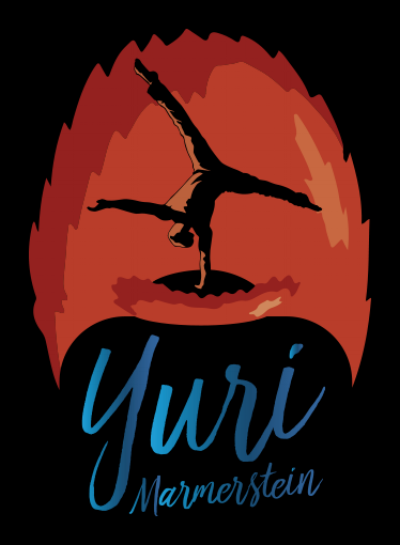I just got back from my third trip to New York City since I've had a "regular job". This time I was there to assist Kit Laughlin in his Stretch Therapy for Gymnastics Strength training.
I had a good time, met lots of new people, and reconnected with some old friends. This is always good to do, but I will be honest, I don't love New York. I find it to be too stressful, fast paced, and an over-stimulation of the senses. I don't think I could survive there very long.
The hardest thing for me is navigating my way through the city. Transport is not very user-friendly to someone who is not a New Yorker. I feel like every direction I go is a gamble to see if I'm going the right way or not.
I am very grateful to the friends who helped me find my way to the different places I had to go. However, one thing I find is that most New Yorkers give me directions as if I was from NYC. This is only slightly helpful as most of the time I have no clue what they're talking about.
What kind of blog post would this be if we didn't draw a parallel to something else we do.
Everything we know is based on the previous experiences we have had. This is something we have to keep in mind when teaching or explaining anything to someone else. Assuming someone has a similar perspective to yourself is the biggest flaw of most teachers. If something is completely foreign, there will be no connections drawn in terms of understanding it.
As a teacher(and we are all teachers to some degree) you must be able to speak in a language that someone with no perspective on the subject matter can understand and follow. This is one of the biggest flaws I see in most teachers. They speak to new students as though they already have some understanding of what is going on, when in reality this is rarely the case.
It's not about making a comparison to something the beginner already knows, though it does work sometimes. A good teacher should be able to continually break something down to a more basic level. This should continue down to a point that the student can understand in their own words and perspective.
Though beginners make the most gains in the shortest amount of time, they are the most difficult students to teach well. Teaching an advanced student is much easier as they already know the language.
Next time you test yourself or someone else as a teacher, see how well they can explain their subject to someone who knows nothing about it, child or adult.

